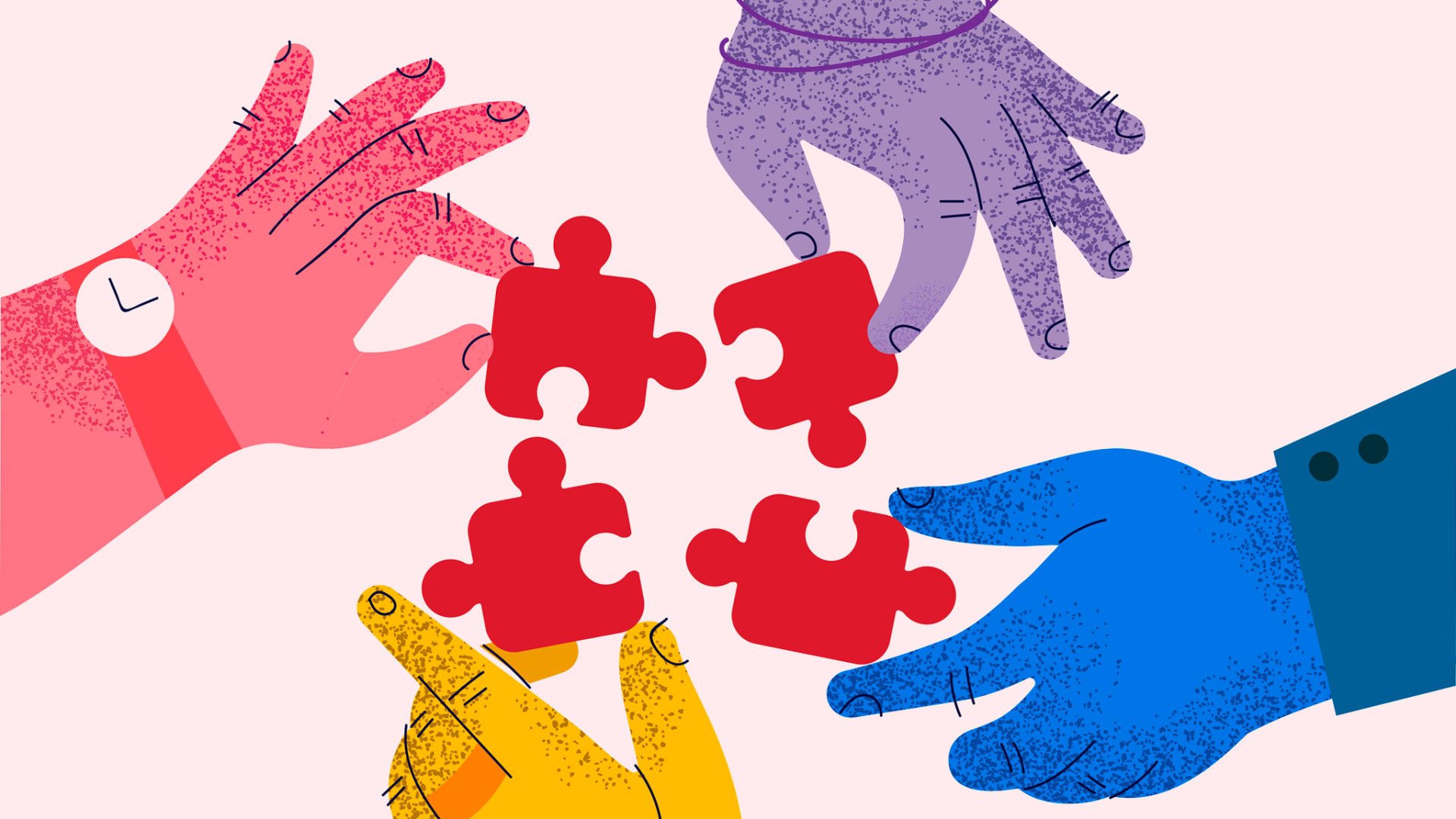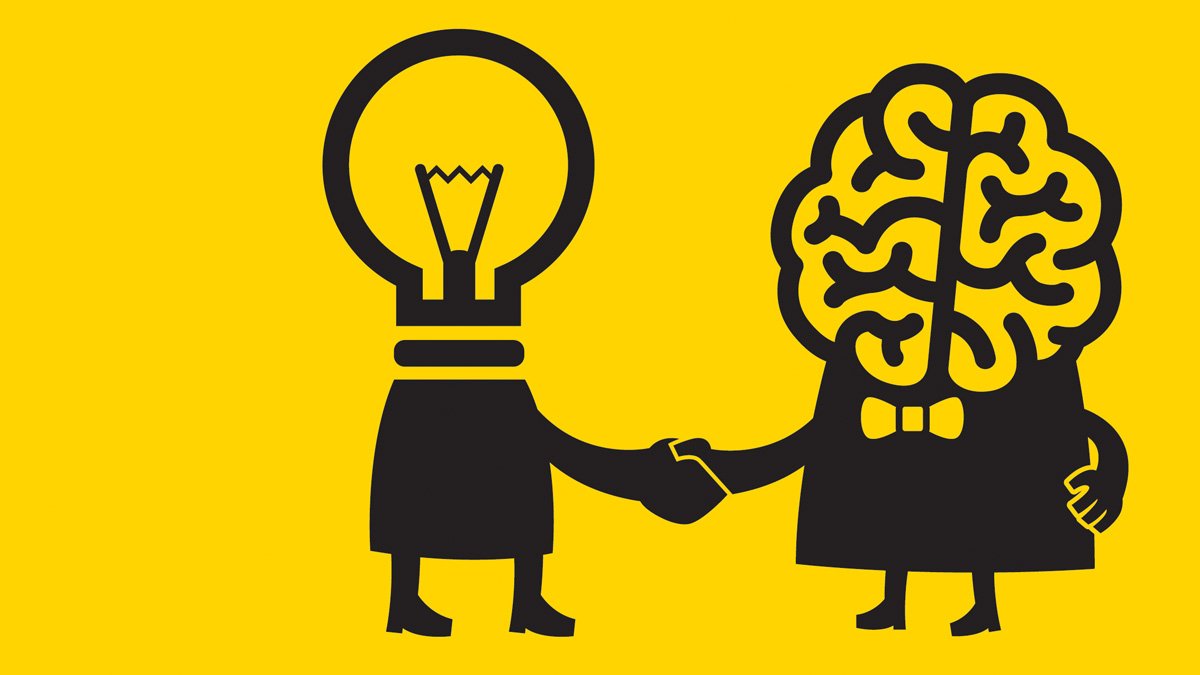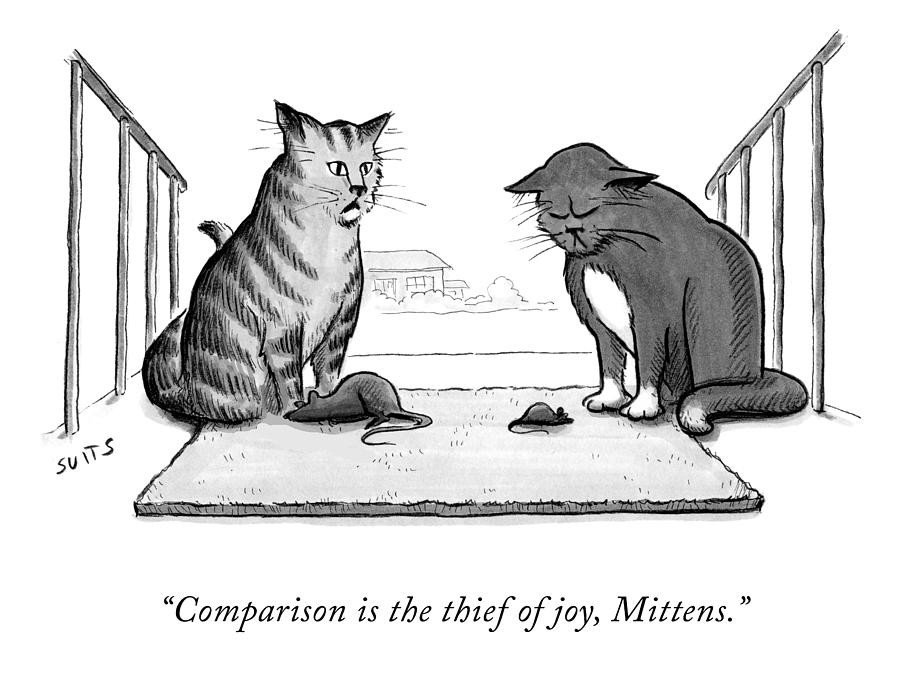Hindsight bias is when a person looks back at an event and believes they predicted the outcome, even if they failed to act on that "prediction." For example, on Saturday evening France will play a football match against Denmark, very fewer people are sure of the outcome of the game, but on Sunday morning, many more are willing to claim they were positive the winning team was indeed going to emerge the winner.
This is because we construct a situation where we fool ourselves into thinking we knew more about an event before it happened. The idea is that once we know the outcome, it’s much easier to construct a plausible explanation. Unfortunately, this leads us to think that our judgment is better than it is, and we become less critical of our decisions and makes us overconfident about future predictions.





















